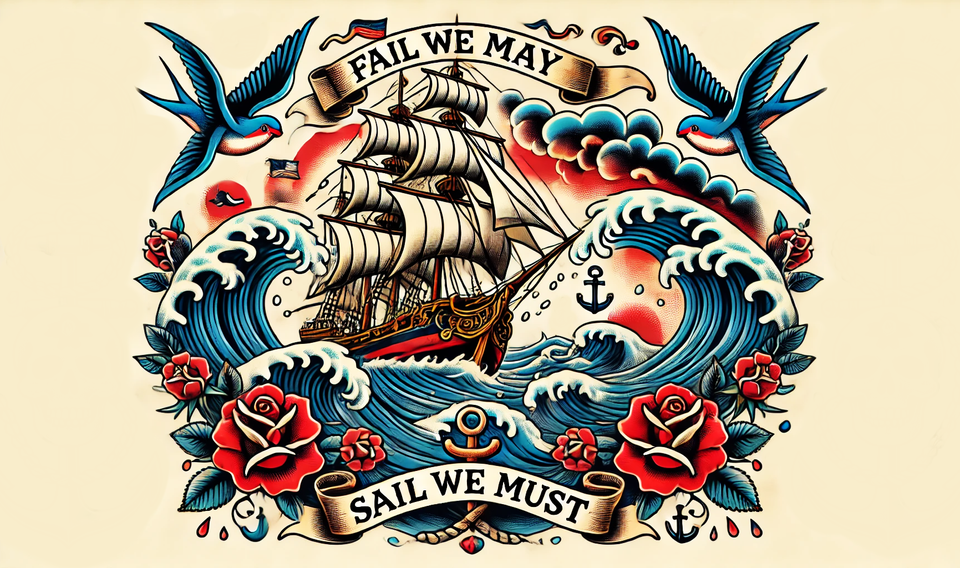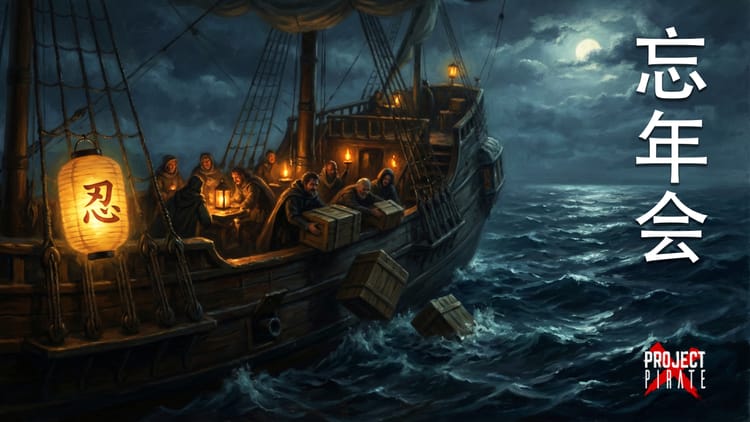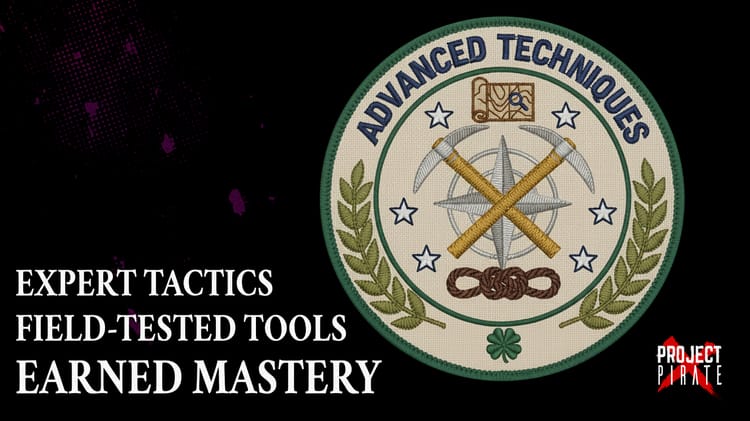Fail We May, Sail We Must: Embracing Uncertainty in Project Delivery

In the vast ocean of project management, there exists a simple truth that experienced navigators know well: fail we may, sail we must. This philosophy isn't just a catchy phrase - it's the bedrock of successful project delivery in an unpredictable world.
The Courage to Set Sail
Every significant project begins with a vision; a distant shore we hope to reach. We chart our course with careful planning, assemble our crew with thoughtful selection and provision our vessel with the best resources available. Yet, no matter how meticulously we prepare, the waters ahead remain largely unknown.
The first act of courage in project delivery isn't perfect planning; it's the decision to set sail despite knowing that storms will come. It's acknowledging that our maps are incomplete and our weather forecasts imperfect, yet choosing to embark anyway.
Navigating the Unknown
Once underway, project leaders quickly discover a fundamental truth: the path is never as straight as the line we drew on our charts. Unexpected challenges emerge like sudden squalls:
- Requirements can shift like the changing winds
- Resource constraints appear like hidden shoals
- Technical challenges loom like gathering storm clouds
- Stakeholder expectations drift like ocean currents
The natural response to these challenges is fear - fear of failure, fear of judgment, fear of the unknown. This fear can paralyse teams and sink projects before they've truly begun.
The alternative? Embrace uncertainty as the one true constant.
The Value of Intelligent Failure
There's a profound difference between reckless failure and intelligent failure. The former comes from negligence or hubris; the latter from calculated risk-taking and boundary-pushing.
When we create environments where intelligent failure is not just accepted but expected, remarkable things happen:
- Innovation flourishes. The team feels empowered to explore uncharted waters rather than hugging the familiar coastline.
- Learning accelerates. Each "failure" generates invaluable data about what works and what doesn't.
- Resilience builds. The crew develops the emotional and intellectual muscles needed to weather future storms.
- Transparency increases. When failure isn't hidden or punished, issues surface earlier when they're easier to address.
The Collective Journey
Perhaps the most beautiful aspect of the "Sail we Must" philosophy is its recognition that project delivery is fundamentally a collective human experience. When we acknowledge uncertainty together, we transform potential isolation into shared adventure.
Team members who might otherwise struggle alone instead draw strength from collective purpose. The junior developer learns from the senior architect's past mistakes. The project manager shares vulnerability with stakeholders, building trust rather than false confidence.
This shared journey creates connections that transcend the project itself. People discover capabilities they didn't know they possessed. Mentorships form organically. Professional relationships evolve into lasting networks of mutual support.
The Paradox of Success
Here lies the great paradox of project delivery: by embracing the possibility of failure, we dramatically increase our chances of success. Not the narrow, brittle success of "delivering exactly what we planned," but the richer, more sustainable success of delivering value while building lasting capability.
The most valuable projects often deliver benefits no one anticipated at the outset:
- Team members who developed leadership capabilities that will serve them for decades.
- Organsational knowledge that will inform future initiatives as valuable lessons learned.
- Client relationships strengthened through honest and transparent communication
- Technical discoveries that open new market opportunities or drive innovation in platforms and our products.
These secondary benefits often outvalue the original project objectives, becoming the unexpected treasures discovered on our voyage.
Reflection as Navigation
Crucial to this approach is the practice of regular reflection. Just as sailors take celestial readings to determine their position, project teams must create structured opportunities to assess their journey:
- Where are we relative to our intended destination?
- What have we learned about the waters we're navigating?
- How has our understanding of "success" evolved?
- What capabilities have we developed that we didn't anticipate?
These reflections aren't post-mortems conducted after failure, but living navigational tools used throughout the journey (often brought to the surface through the use of retrospective & open conversation). They're the means by which we convert challenges into wisdom and uncertainty into opportunity.
The Captain's Responsibility
For those leading projects, the "Fail we May, Sail we Must" philosophy demands a particular kind of leadership. It requires:
- The wisdom to distinguish between necessary risks and needless dangers.
- The courage to communicate honestly about uncertainties.
- The empathy to support team members through challenging waters, especially when self-doubt sets in.
- The vision to recognise value in unexpected forms and celebrate that value.
- The humility to learn continuously from each day's journey.
This leadership isn't about having all the answers; it's about asking the right questions and creating the conditions for collective discovery.
Conclusion: The Horizon Beckons
As we stand on the shores of our next project, staring at the misty horizon of possibility, we have a choice. We can remain safely ashore, planning endlessly for a perfect voyage that will never begin. Or we can acknowledge the risks, prepare as best we can and set sail toward new discoveries.
Yes, fail we may. The winds might blow us off course. The seas might prove rougher than expected. We might not reach precisely the destination we envisioned.
But sail we must. Because it is only in the sailing that we truly learn, grow, and create value that extends beyond ourselves.
The horizon beckons. The crew is ready. The time for departure has come.
What waters will you navigate today?




